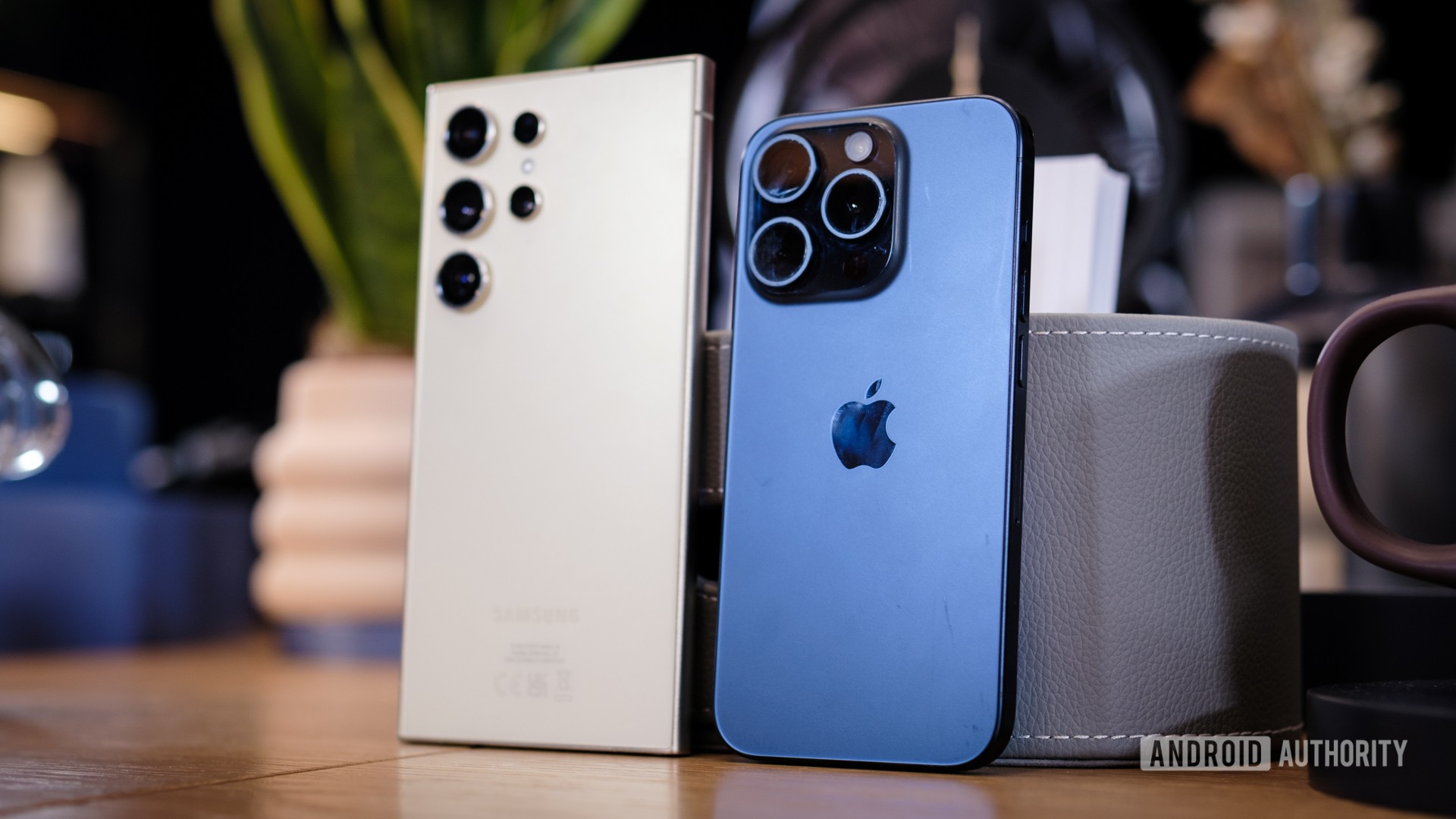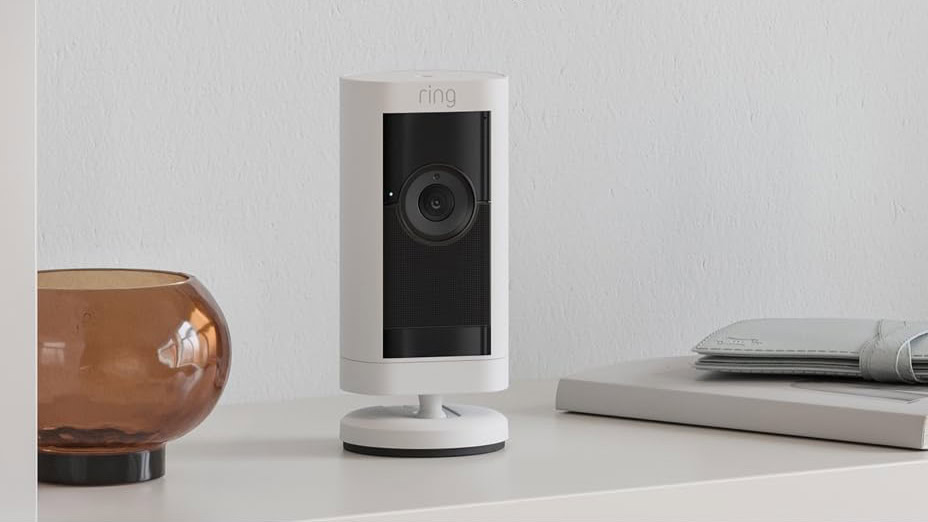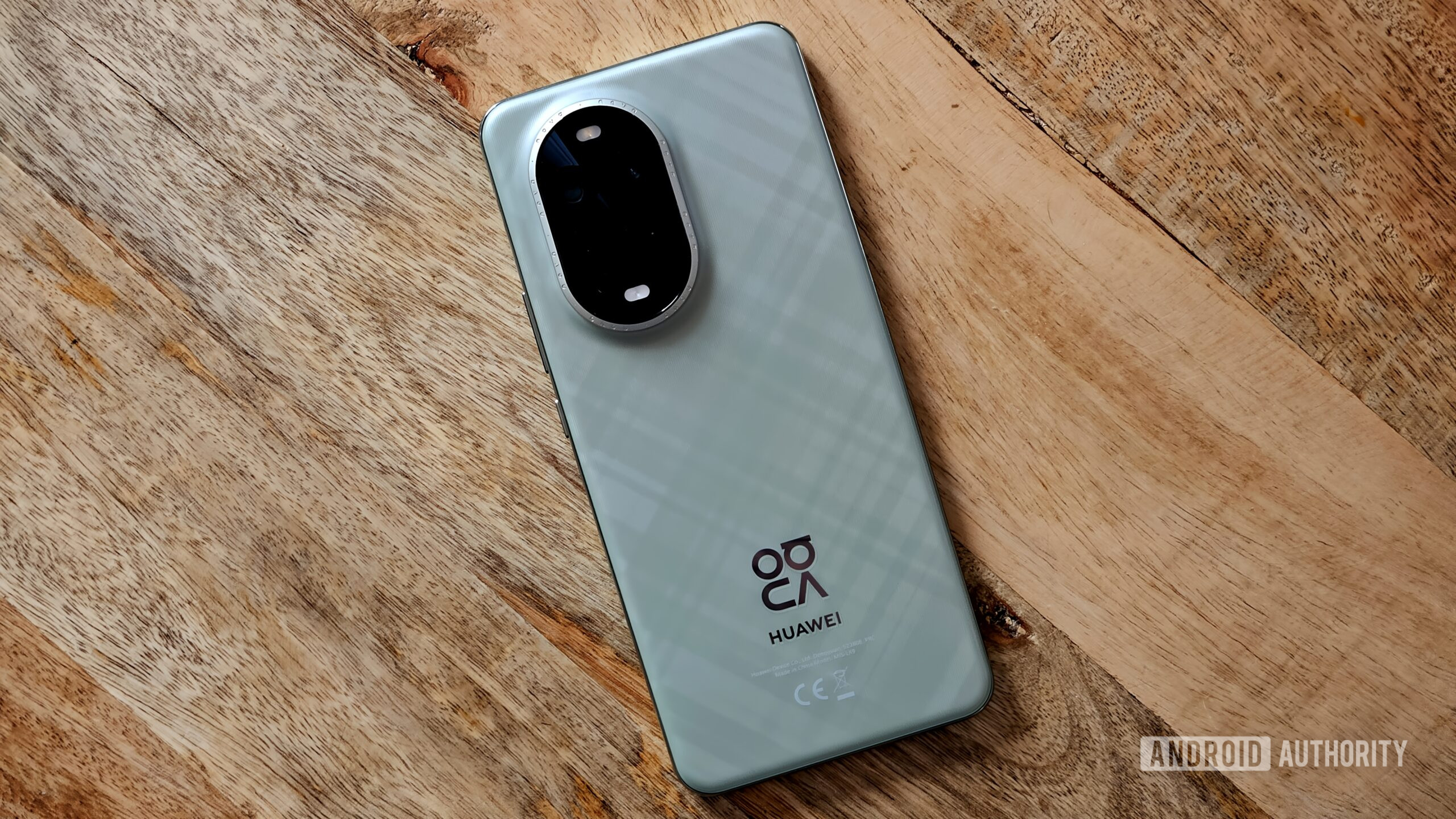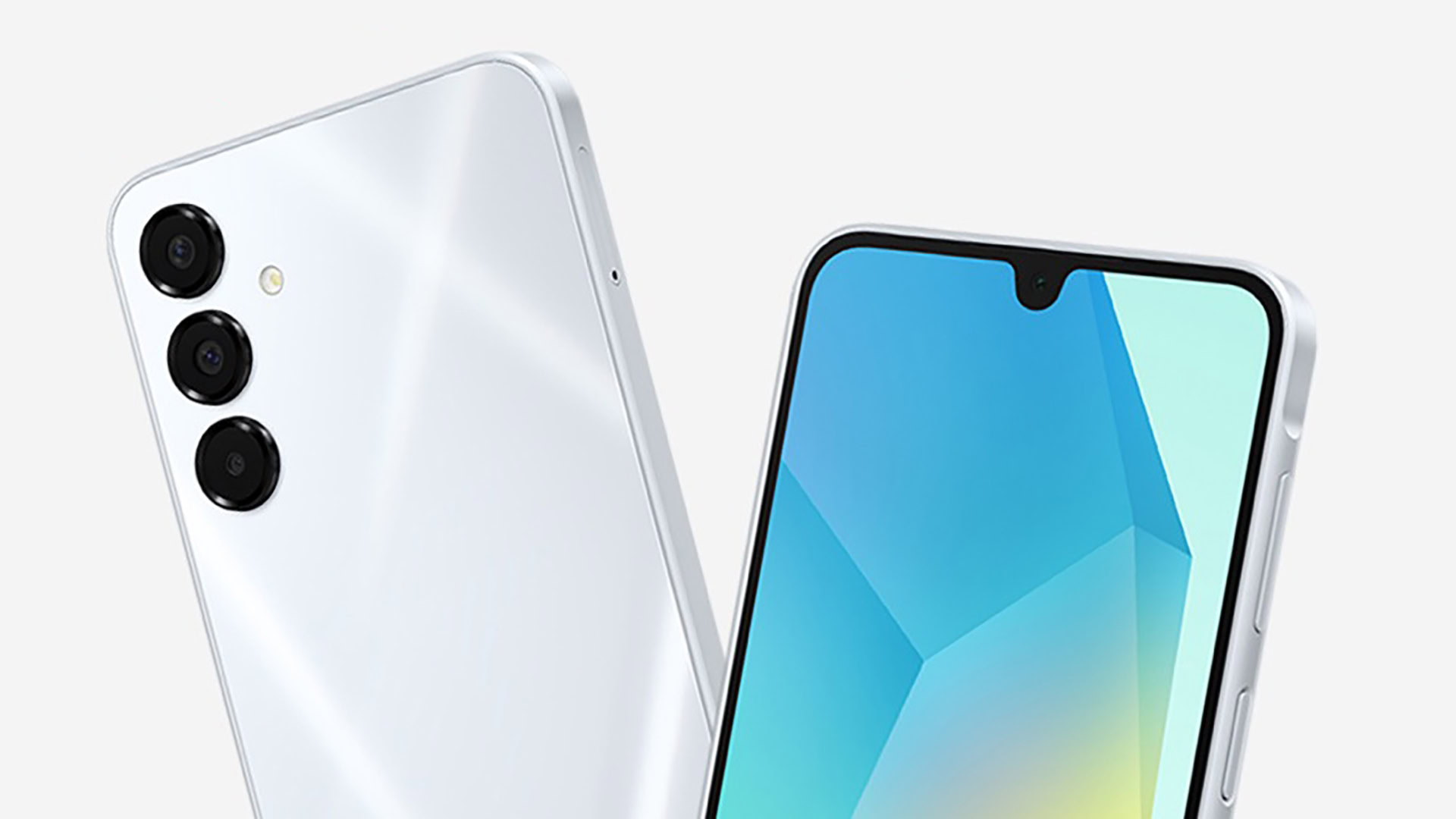C. Scott Brown / Android Authority
Pixel time has come early this year, with Google launching a total of four new Android phones in its latest lineup. The hardware certainly ticks a lot of the right boxes, but what about the software? At $1,799 for the most expensive device in the shape of the Pixel 9 Pro Fold, it’s no small investment, and you’d want assurances that it will still be up-to-date for a good while. We’ll explain how many software updates the Google Pixel 9 series will get and how that stacks up against the competition.
How many software updates will the Pixel 9 series get?
C. Scott Brown / Android Authority
Pixel 9
The news is good on this front. Google has promised that the whole Pixel 9 series will get seven years of software updates. This continues the welcome change that Google introduced with the Pixel 8 range, which also got a seven-year assurance. Earlier Pixel handsets saw a much shorter update promise, but Google has seen the way the wind is blowing. At a time when people are less inclined to upgrade every year and are more conscious about sustainability, a longer update commitment is seen as a big plus by consumers.
The Pixel 9 phones ship with Android 14 OS rather than Android 15, as had been speculated. However, the new Android version will be available later in the year, and the Pixels will obviously be among the first phones to receive it as Google looks after its own. While the update promise means that the Pixel 9 series will be supported until at least August 2031, we can’t say if Android 21 will be the final OS upgrade or if the phones will get Android 22 that year. It will depend on a number of factors, such as how early in the year that version becomes available, and how generous Google is feeling.
The seven-year software update promise for the Pixel 9 series also extends to security updates and Pixel Drops. The latter is what Google calls the smaller updates to the current version of Android that you receive a few times per year, delivering bug fixes and new features.
How does the update promise compare to the Pixel 9 alternatives?

Robert Triggs / Android Authority
Google’s software update policy is as good as it gets, and you’re doing pretty well if you’re still holding onto the same device after seven years. Google stood alone in such a comprehensive promise prior to this year, but it is now officially matched by Samsung. Having promised four years of software updates on the Galaxy S23 range, Samsung increased that to seven years for the Galaxy S24 series. The manufacturer made the same commitment when launching the Galaxy Z Fold 6 and Z Flip 6 recently, showing that seven years is now the industry benchmark for software updates.
Unofficially, Apple almost matches those two big hitters in this regard. Its most recent position is that the iPhone will be supported for at least five years, but this is a minimum target and one that Apple has often exceeded. Many iterations of the iPhone have received six years of updates, and sometimes more. With the launch of the iPhone 16 just around the corner, it will be interesting to see if Samsung’s latest commitment will provoke a longer official support promise from Apple.
Those three tech giants are in a class of their own. A few brands, such as OnePlus, OPPO, and Xiaomi, offer four years of software support on their flagship smartphones. Almost all of the other Android manufacturers, including Motorola and Sony, promise only two years of updates at best. It’s certainly an area where some of these OEMs may need to consider a shift if they have aspirations of dining at the top table.
FAQs
Both the Google Pixel 8 and Pixel 9 ranges will receive seven years of updates. If you have an older Pixel phone, it’s likely that only three years of updates are guaranteed.
Yes, they do. You will be notified when an update is first available and given the chance to download and install it on your own schedule. We have a guide on how to update your Android phone. If you repeatedly dismiss these notifications about the update, it will eventually be installed automatically. This is done for security reasons, as updates contain bug fixes and information about the latest threats to your device.
The latest version is Android 14. The development of Android 15 is in its final stages, and the new OS version is expected to become available in the coming months.








 English (US) ·
English (US) ·